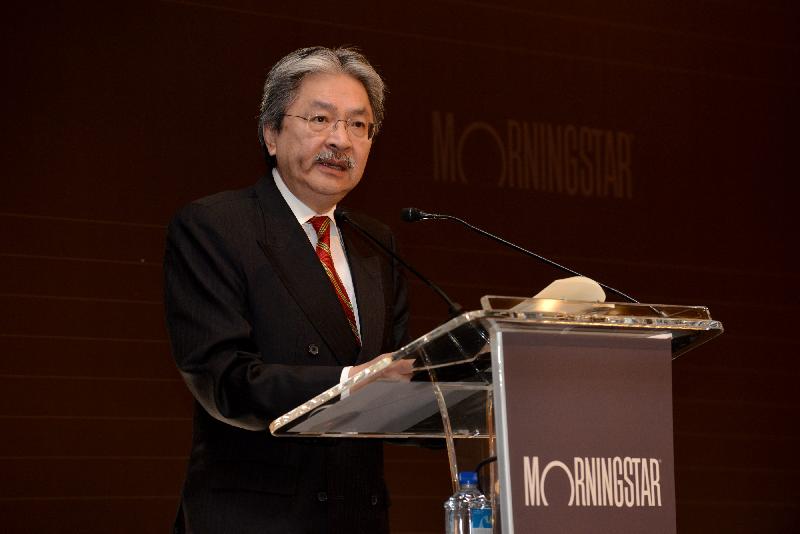The failure of Hong Kong’s “de-colonisation” is the cause of the city’s social and economic problems, a former Beijing official says.
Speaking at a forum in Hong Kong, Chen Zuo’er also criticised the “revival of de-sinofication” in Hong Kong. He said the belief was planted by British colonialists in the early 1980s. The term commonly referred to the rejection of China’s influence in Hong Kong, and was used by localist activists in the recent years.
“There is no de-colonisation but just de-sinofication,”. He added that it harmed the ‘One Country, Two Systems’ principle, that “this kind of strange phenomenon which is against the nature of history created serious internal conflicts, wasted people’s time and caused many problems.”
When asked by reporters what laws should Hong Kong refer to for the process of de-colonisation, he said: “You can look for them in the Basic Law…from the general principles and all the articles that follow.”

However, Financial Secretary John Tsang said that ‘One Country, Two Systems’ was a success.
“Since the handover, most Hongkongers think that ‘One Country, Two Systems’ is our absolute advantage; we will use it in different aspects to push for the development of Hong Kong,”
“I think Hongkongers are very practical and we have confidence in ‘One Country, Two Systems’. We have seen its success and development in the past 18 years, I believe it will continue.”

LegCo president Jasper Tsang also disputed Chen’s remarks. “Even if there are some Hongkongers or young people who have the mentality of the colony, those are only very small numbers, I don’t think it will affect the implementation of ‘One Country, Two Systems’.”
“I think we need to ask Mr Chen which law [in the Basic Law] he was referring to, I did not understand his speech so well,” he added.
Political analyst Ivan Choy Chi-keung of Chinese University said that Chen’s controversial comments, which came after a meeting between key members of the Democratic Party and a top Beijing official, made it “difficult for Hong Kong people to understand what is the real political line in Beijing at this moment.”

Chen Zuo’er was the deputy director of the Hong Kong and Macao Affairs Office from 2003 to 2008. He is now the chair of the semi-official Chinese Association of Hong Kong and Macao Studies think tank, which organised the forum on Sunday.
His comments came after China Liaison Office director Zhang Xiaoming courted controversy on September 15 by saying that the Chief Executive has a “special legal position which overrides administrative, legislative and judicial organs,” and that separation of powers “is not suitable for Hong Kong.”
Chief Executive Leung Chun-ying confirmed to reporters last week that his position “is indeed transcendent.”
